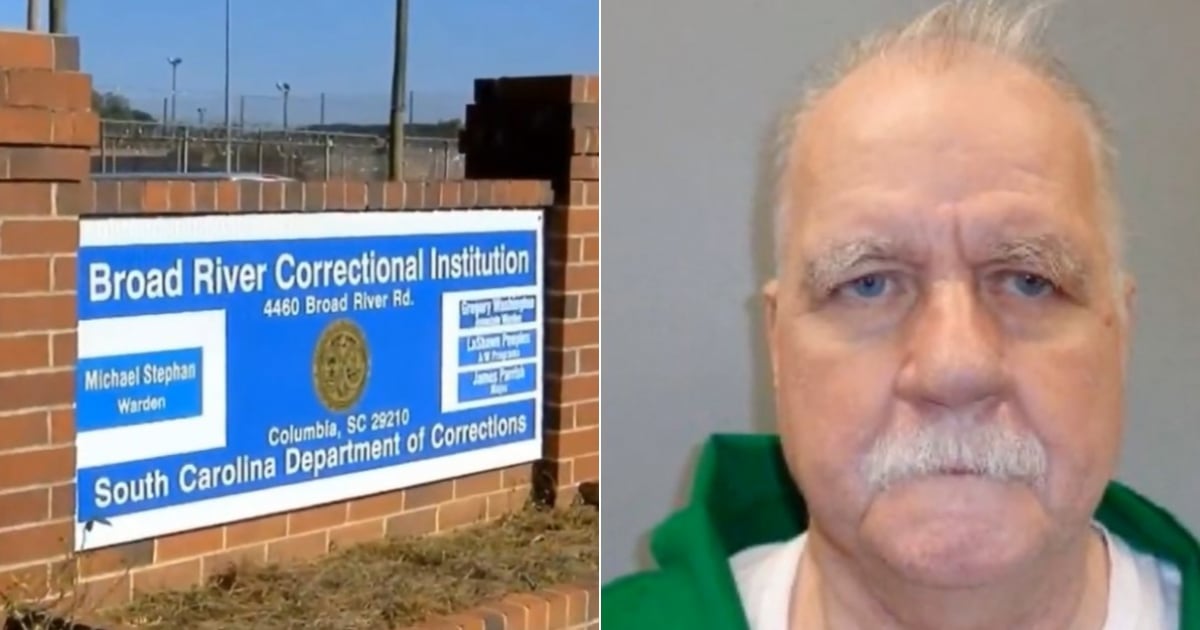The United States is on the verge of carrying out its first firing squad execution in over a decade and a half. Brad Sigmon, an inmate from South Carolina, is slated for execution on Friday, March 7th, after opting for this method, which hasn't been used in the nation since 2010. Convicted for the brutal 2001 murder of his ex-girlfriend's parents, Sigmon rejected the other available methods in South Carolina—lethal injection and the electric chair—citing both as involving extreme suffering.
Firing squads have been an uncommon execution method in the U.S. history. Since 1976, only three individuals have met this fate, all in Utah, with the last instance occurring in 2010. Presently, only five states permit this method under certain conditions: Idaho, Mississippi, Oklahoma, South Carolina, and Utah.
The execution is set to take place in South Carolina's death chamber. Sigmon will be strapped to a chair, hooded, and a target will be placed over his heart. Three volunteer shooters will fire from about 15 feet away through a small opening.
At 67, Sigmon chose the firing squad due to fears of a prolonged death via lethal injection. His attorney, Gerald "Bo" King, explained that Sigmon harbors mistrust towards the state's lethal injection protocol, especially following problematic executions of three inmates in South Carolina over the past six months.
A significant concern arose from Marion Bowman's execution on January 31st. An autopsy disclosed that he received two doses of pentobarbital, contrary to the single dose typically administered in other states and by the federal government. Similarly, Richard Moore was executed on November 1st under the same circumstances, suggesting South Carolina's procedures deviate from national standards.
State officials have withheld details about the drug's procurement and use, prompting Sigmon to opt for what he sees as a more predictable alternative.
Crime and Legal Battles
Sigmon was sentenced for the murder of his ex-girlfriend's parents in Greenville County in 2001. Prosecutors stated he bludgeoned them to death with a baseball bat in their bedrooms. He then attempted to abduct his ex-girlfriend at gunpoint, but she managed to escape. In his confession, Sigmon admitted, "If I couldn't have her, I wasn't going to let anyone else have her."
His legal team has filed a final appeal with the South Carolina Supreme Court, arguing flaws in his trial and inadequate presentation of his mental health and troubled childhood during his defense. They have also sought clemency from Governor Henry McMaster, though no response has been received yet.
Firing Squad Controversy
The use of firing squads in American history has long been contentious. Historically employed in military punishments and the Old West, it has recently emerged as an alternative to lethal injection due to states' increasing difficulties in obtaining necessary drugs.
Some experts, like Supreme Court Justice Sonia Sotomayor, have suggested that death by gunfire might be quicker and less painful than other methods. However, human rights groups argue that it remains a violent and brutal practice reminiscent of bygone eras.
If Sigmon's execution proceeds as planned, it will mark the first firing squad execution in the U.S. in 15 years, reigniting debates over capital punishment and the methods used in the country.
Understanding Execution Methods in the U.S.
Why did Brad Sigmon choose the firing squad over other methods?
Brad Sigmon opted for the firing squad due to fears of a prolonged death with lethal injection, citing mistrust in South Carolina's protocol after problematic executions in the state.
How many states currently allow firing squad executions?
As of now, five states permit firing squad executions under certain conditions: Idaho, Mississippi, Oklahoma, South Carolina, and Utah.
What concerns have been raised about South Carolina's lethal injection protocol?
Concerns have been raised due to deviations in the administration of drugs, such as using two doses of pentobarbital instead of one, as revealed in recent executions.
